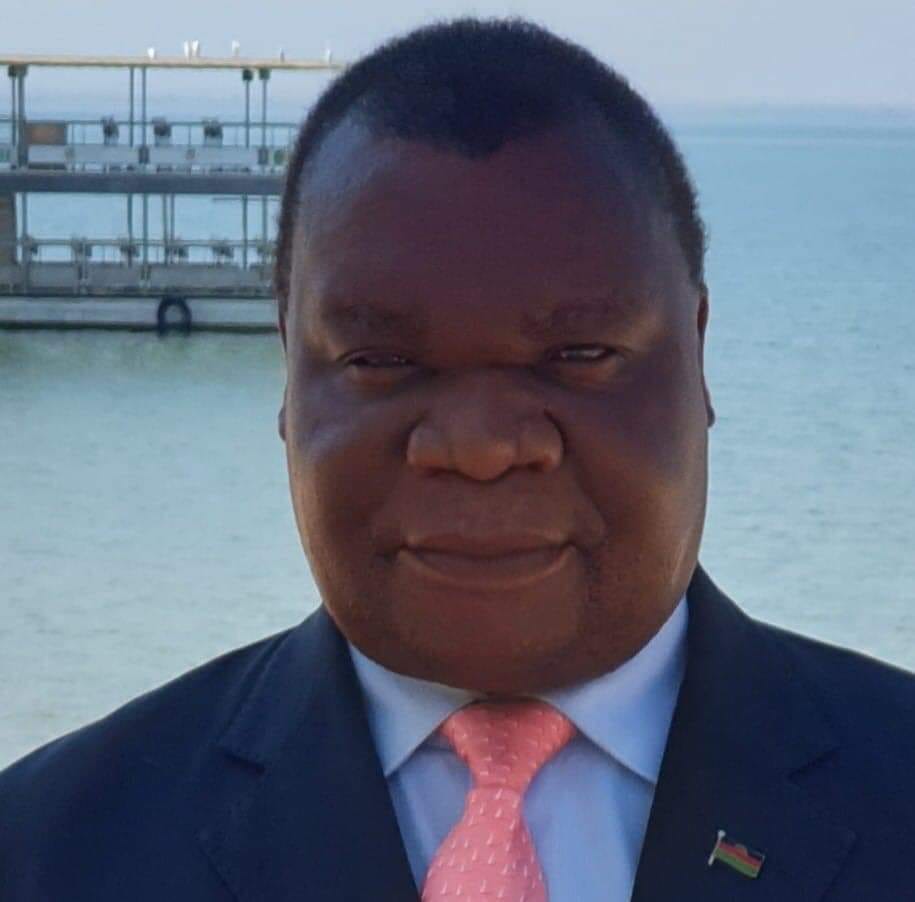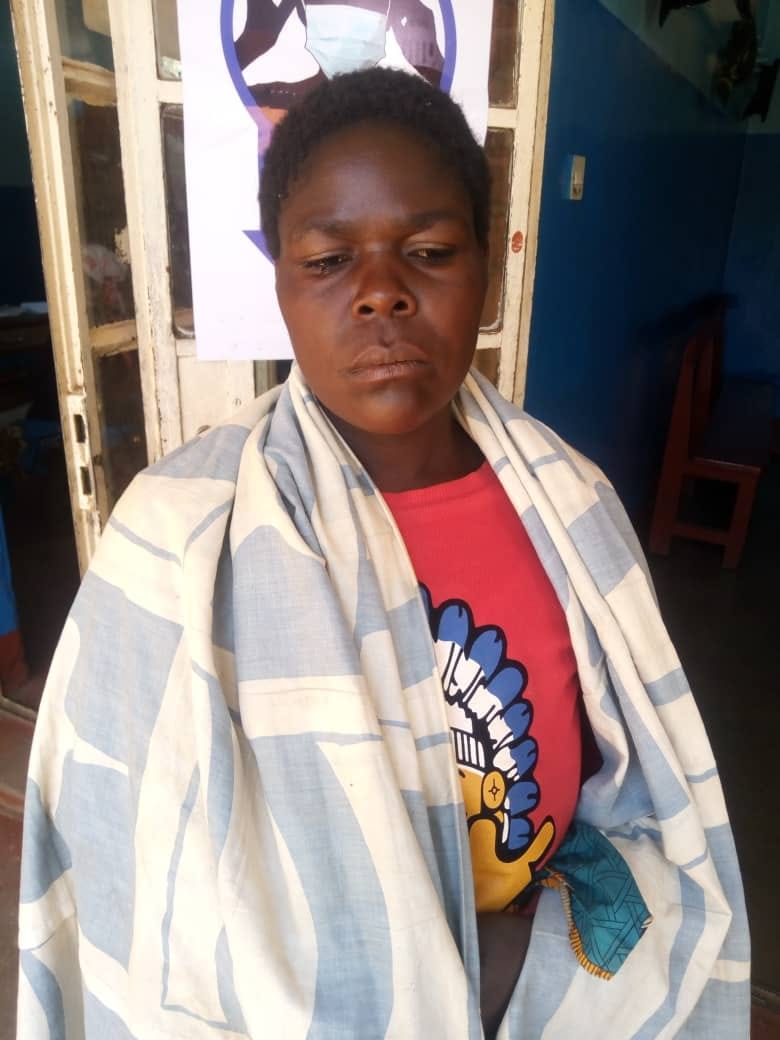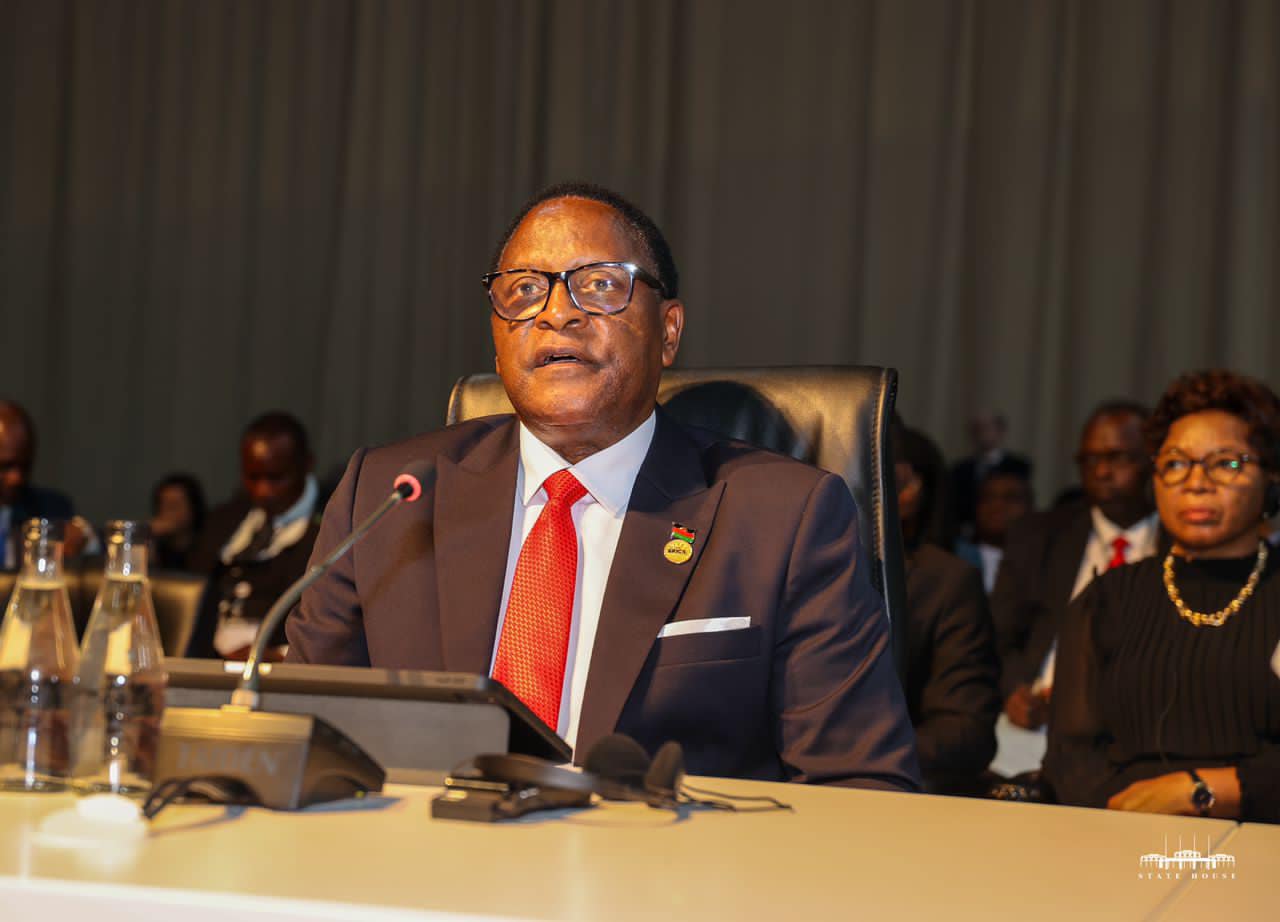MY EXPERIENCES AS CABINET MINISTER
PREAMBLE
Although I have sworn not to reveal cabinet secrets, it is my conviction that what I am writing here will help others coming after us, to learn from our experiences and appreciate the dynamics of politics. This includes our leaders because some decisions they make based on hearsay have brought about weaknesses in their government systems and the party as a whole.
This has consequently eroded all the gains brought about by the leaders. It is therefore my hope that in future, leaders will be able to take full responsibility of their actions without blaming their followers for misleading them. It is also hoped that our future leaders will appreciate that hard workers and loyal servants are the ones who get targeted by those perceived to be party informants.
FIRST MEETING WITH THE PRESIDENT
During my first appointment with late Bingu in early 2004, he made it very clear that he wanted the country to transform quickly so that the gains derived should benefit the economy of the country. I was President of MCCCI then, and was also President of Associations of SADC Chambers of Commerce and Industry (ASCCI), where we were also making some critical reforms including the formation of SADC Business Council under my leadership. The president also described some of the political challenges he was facing with his former party (UDF), and his strategic goals for DPP.
At the onset, I declined the offer of the Cabinet post, but because Bingu was a very persuasive negotiator and demonstrated good, visionary leadership, I ended up accepting and immediately went into serious business to galvanize the resources to help the President achieve his goals.
WHAT WE ACHIEVED IN A NUTSHELL
Some of the short term priority areas we undertook were: the institutionalization of monthly tripartite discussions between government, the Donor Community and Private Sector to support utility companies in Malawi particularly Water and Electricity Boards, while also addressing other Private Sector constraints.
This helped us to sort out some of the chronic challenges we faced within a short period. My Ministry renamed (Trade and Private Sector Development) also approached World Bank who, within a short time approved a grant to help create a stronger Private Sector Development Program for Malawi, which unfortunately for me, was inaugurated after my expulsion despite the fact that I was the key player in the creation of this project. We worked hard to also create stronger Co-operatives focusing more on addressing supply chain and market challenges. Miracles were indeed happening. We also addressed export constraints to the extent that we were focusing on honey production which we also started to promote in all the regions.
Our goal was for Malawi to also focus on the introduction of Manuca honey which was selling at over USD1000 per Kg on the international market and was in high demand because of its medicinal value. We also considered the challenges being faced by Illovo sugar in Malawi because of the constraints of the EU quota system. During my time, Malawi was elected to lead sugar negotiations at EU on behalf of Africa, Caribbean and Pacific Countries (G90). We also led the G90 on Services at the World Economic Forum in Hong Kong in 2006.
We were also elected to lead the Council of Ministers for COMESA during the same year. We were also making in-roads to change the mind-set of traders locally, so that they use acceptable standard buckets for measuring their produce, especially throughout M1 road produce markets. We were aware of the cheating that was taking place and had engaged Malawi Bureau of Standards to regulate the use of acceptable measurements. We also discussed the establish of a strong base for local wheat production with one of the biggest wheat importers in order to save forex. We also engaged our Mozambican counterparts about the possible introduction of a potato factory to produce chips and other value addition to benefit both Malawi and Mozambican potato farmers.
This is what led to the signing of a bilateral trade agreement between the two countries while I was responsible Minister. We were also doing our best as a Ministry to regulate both local and foreign companies in the way they conducted their businesses. We had also embarked on reshaping of the trade legal framework because we felt that most of our legal mandates were outdated. We just initiated discussions with some international organizations including Commonwealth Secretariat. In Ntchisi, we just helped the dairy farmers to acquire diary equipment to add value to their milk. It was all about achieving Bingu’s vision. However, today, I feel very disappointed to note that most of these initiatives were either shamelessly abandoned or took a different path and succumbed to natural death.
WHAT ELSE HAPPENED?
One weakness Malawi has had for centuries is underutilization of local skill and resources in its high learning institutions. One day, while consulting my Head of State, I bemoaned the tendency of borrowing ideas from other countries because we do not utilize opportunities existing in our high learning institutions. I gave examples of countries using local technologies to develop their countries. I therefore proposed that we needed to discuss with all universities and other Engineering and Research Institutions to be able to hear from them and ask them to promote the economic development of our country through research and whatever has been gathered before in the universities which can help generate ideas for local production and patenting of whatever originates from Malawi. He agreed and I went ahead to invite all Institutions. We had a very vibrant discussion in Blantyre. We ultimately agreed that they should go back and come up with proper recommendations on the way forward, within three weeks.
A few days later the President opened the International Trade Fair. I sensed from the speech he delivered that all was not well. Two days later, upon receiving the president’s approval, I travelled to Papua New Guinea representing the G90 countries for Economic Negotiations.
On my way back, as I passed through Tokyo, Japan, the Ambassador asked me if I heard any news from Malawi. I explained the communication challenges we faced in Papua New Guinea. I had no idea what he meant until I arrived in Johannesburg when the news of a cabinet reshuffle was broken and that I was one of the dropped Ministers.
The first thing that came to my mind was worry over the many commitments I had made to the institutions I partnered with. Then I became very disappointed with the president because deep down my heart I knew, I was loyal to him and served him and my country well. I started recollecting the many sacrifices made especially when UDF and MCP teamed up to impeach him. The crucial collective role I played to save him by secretly negotiating with the then leader of opposition to ease the tension. I also reflected on the many other sacrificial roles played both locally and internationally to help him achieve his goals. The many one on one very cordial consultations we had, sometimes, until very late in the night. I thought I was useful…but as we are always reminded, it indeed was the prerogative of my president!
Upon my arrival at Kamuzu International Airport, I told the PS who came to welcome me that I wanted to clear my desk and handover the office the same day though it was a Saturday. I did not want to stand in the way of the new appointee. After removing all my belongings including handing over the official vehicle, I went home and started writing a long letter, (6 pages), to my president. Having studied psychology, I avoided insulting statements. Just thanked him for the privilege of serving him and putting down a long list of things that I left hanging. Delivered the letter at State House the following morning.
He personally called me at 11.30am the same morning, asking to meet me at State House, the same day at 3.00pm. That was Bingu. He did not avoid me. When I arrived and met him. I could sense the wave of discomfort around us. I also wore a very serious expression.
During the discussions, which lasted almost two and half hours, he insisted that he had not abandoned me, but earmarked me for posting to Mozambique because he thought I had good relations with my counterpart in Mozambique. Unfortunately, I confessed to him that I did not believe that I was useful to him any longer and was not in any position to accept any appointment. He tried his best to convince me adding that I would sign a three-year renewable contract, but I still put my foot down. Seeing that there was no progress, we parted ways.
What followed the next four weeks were calls and visits by different people including friends from DPP urging me to accept the position of High Commissioner to Mozambique. It took me another four weeks to eventually accept the post since undue pressure was mounting and I felt it was wrong to deny serving my country abroad. After all, I felt it was not good as a Christian, to keep the grudge for too long.
REVELATIONS FIVE YEARS LATER
Our relationship with my president was eventually restored. He used to call me more often on relevant matters. But I still remember one of the worst telephone conversations in December 2008 which ended in him hanging up prematurely. I think I had pre-conceived negative thoughts about all the issues he introduced which angered him. Two days later, he called me requesting that I organize a State Visit for him the following year around August. He was very calm and sounded like a father speaking to his beloved son. I was now getting used to his temperament. and sometimes peaceful co-existence.
Political Science taught me to always maintain honesty in my judgement of issues. I therefore maintained to agree or disagree with his opinions. What I liked about Bingu though, is that if he disagreed with me, and eventually discovered that the outcome was as I recommended, he would always be humble to come back to me and admit that I was right.
The arrangements for the State visit went smoothly since my appointment with the host president was treated with urgency and was granted the following day. We agreed on the appropriate dates of the State visit..
On the date the president arrived, after banquet at the State house, Bingu requested me to meet him first thing in the morning. There were issues he was not happy with some protocol related issues. He also wanted to share with me some issues in private.
I met him at eight in the morning. He was busy writing some notes. His dress was very casual. He asked me to remove my jacket and feel at ease. He started addressing the issues that did not please him about the State Visit, we debated over them and he gave instructions on the way forward. Then came the most interesting part affecting my loyalty to him.
He said that until late 2006, he trusted everything I did, but after receiving confidential communication about my sinister movements and association with opposition political parties, in particular, MCP, he directed that I be put on surveillance. This went on for a couple of months. Then one cabinet minister reported that I was receiving bribes from foreigners in order to facilitate illegal trade in Malawi. Then, he received another intelligence report that I was vying for his position to the extent that I was on TV almost every day speaking about my achievements. Another intelligence report came accusing me of mobilizing universities and colleges hand in hand with Human Rights activists to revolt against him. Another intelligence report stated that I was mobilizing the opposition to impeach him so that I take over. There were other bad things reported against me by some of my two cabinet colleagues. What hit the last nail on my coffin was an intelligence report that I had gone to Papua New Guinea to seek effective witch doctor medicine to kill the president. The report recommended that I be arrested upon arrival and be charged for treason. When the president looked back at the invitation letter from WTO he verified the authenticity and cautiously neglected the element of arrest. However, he made a decision to fire me together with those he had reasons to get rid of. But after that decision was implemented, he also made a decision to refer the intelligence allegations to another agent of the Secret Service unit so that they verify them. At the same time, he decided that my posting to the diplomatic service would be permanent until he stepped down as president. This in other words meant banishing me from Malawi through diplomatic service, so that I was no longer involved in local politics.
When the other Secret Service agent reviewed the reports, it discovered that they were all maliciously manufactured and there was no grain of truth. The author was invited for interrogation and he revealed that one cabinet minister had been instructing him to create those false stories against me at a cost. The discovery prompted the president to have the author of the fake reports relieved of his duties. The affected Minister was also eventually relieved of his cabinet post for giving false testimony against me and others.
I was eventually vindicated of all wrong doing.
This was possible because the president took time to verify the stories, though too late. Perhaps it worked well for me because God was on my side. There are, however, many others out there who have lost their privileged positions in the same manner. Truly, truly, I say to you: this trend continues particularly against hard working and honest people, who work to make a difference to their nations!
CONCLUSION
I now look back and thank God because if the president did not fire me that time, I would have probably been dead by now, under mysterious circumstances. I was hated for faithfully serving my country well and because the president used to openly show everybody how much he trusted and loved me.
Today, I smile because of the abundant grace, love and peace God continues to provide!
Thank you for showing your overwhelming interest in these real life experiences. We will surely meet again soon. God bless you.




